Well, here we are again. On Monday, leading 15–4 against the Minnesota Twins in the ninth inning, Chicago White Sox rookie Yermin Mercedes smacked a 429-foot homer off of a 47-mile-per-hour pitch on a 3–0 count from Twins position player Willians Astudillo. Notably, this didn’t just annoy the Twins, but also White Sox manager Tony La Russa, a 76-year-old managing legend already in the Hall of Fame.
“He made a mistake. There will be a consequence that he’s going to have to endure within our family. It won’t happen again,” said La Russa.
Immediately, the media firestorm around the unwritten rules of baseball — which last centered around San Diego Padres superstar Fernando Tatis Jr., who also hit a 3–0 homer last year with a big lead — came back to life, and was only fueled the next game when La Russa all but defended the Twins’ Tyler Duffey for throwing behind Mercedes.
In both the cases of Tatis and Mercedes, the managers stuck to the unwritten rules while the players stuck with their teammates, exposing a cultural generation gap in the MLB. But while baseball’s unwritten rules are considered ridiculous by younger players and fans, can we find a good reason to keep them a part of the game?
If you’re unfamiliar with the concept of unwritten rules in baseball, they consist of an extensive series of do’s and don’ts that serve various sportsmanship purposes. Drawing from Wikipedia’s helpful list of examples, they include some rules that might just be considered good etiquette (don’t cross the mound, don’t speak to a pitcher throwing a no-hitter), but more importantly, they include rules that might prevent you from trying your hardest to win a game, such as the rule to not bunt for a hit during a no-hitter.
The rules we’re interested in here are the ones that boil down to “if you’re winning by a lot, stop trying your hardest to get more runs.” While these exist to some degree in other sports, where intentionally running up the score is generally frowned upon, nowhere else are players expected to actively pass up chances to score.
That baseball is the sport which most strongly censures running up the score is baffling, since of the major American sports, it is the only untimed one, and therefore the only sport where an infinite amount of runs could theoretically be scored without advancing the game. In other words, it’s essentially physically impossible to score 20 points in one second of basketball game time, but if you’re down 20 runs with two strikes at the bottom of the ninth of a baseball game, there’s nothing stopping you from winning.
Just last year, the Los Angeles Dodgers put up 11 runs in an inning against the Atlanta Braves in the playoffs. Given that a massive number of runs could be put up at any time, how can we really penalize players for trying to get themselves more insurance? It’s not like the losing team’s batters aren’t still trying to hit home runs, so why can’t the winning team do the same?
There is somewhat of a case for the unwritten rule — maybe not a convincing one for many, but it’s worth it to see the other side. I’ve written before about how sticking completely to specific rules can lead to less satisfying play (think NBA shooters kicking their legs out wildly to get foul calls), and unwritten rules offer a way around that, whereby teams can internally enforce less rigid conventions to help the game. And certainly, some of the unwritten rules do enforce good conduct without making violations illegal, such as the rules to stay out of the way of a pitcher’s warm-up or avoid talking about a no-hitter.
These conventions also reflect the fact that regular-season baseball is much more, for lack of a better word, chill than other sports. There are 162 games in a season, and unlike in the NFL, the chance that one game will doom your season isn’t a massive threat in May. Sure, it might not fit with the idea of winning every game at all costs, but the fact that there is some sort of honor code in the MLB that keeps things gentlemanly and light fits the laid-back atmosphere of a baseball game more than it does any other sport.
But no matter what purposes the unwritten rule might serve, there’s one aspect of them that alone should discourage their use; the retaliation for batters is usually getting hit with a pitch the next time they come up. That sounds natural to baseball fans, but try to think about that in the context of any other sport.
When NFL players score a touchdown, they do a dance in the end zone and strike poses with their teammates. But if an MLB player admires their home run for a bit too long or flips their bat a bit too hard, they’re liable to have a hard ball thrown 95 miles per hour at their head? Even if the above unwritten rules are defensible, when the punishment for them is legitimately dangerous, it’s hard to imagine that they can be worth whatever benefits they bring.
Though it does seem like the unwritten rules of baseball are starting to erode, the changing of the guard away from older managers like La Russa isn’t going to end things. (The Twins manager that likely ordered Duffey to hit Mercedes, Rocco Baldelli, is the youngest skipper in the MLB at 39). There’s certainly a place for unofficial convention in baseball, but hopefully in the future of the MLB, the beanballs will be saved for real transgressions, not just for players trying their hardest to win the game.
Art by Angela Liang for the UCSD Guardian


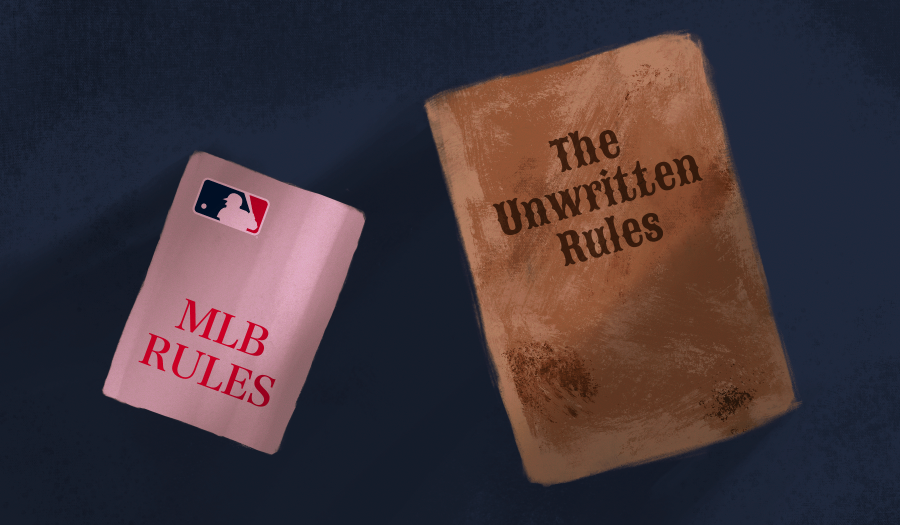
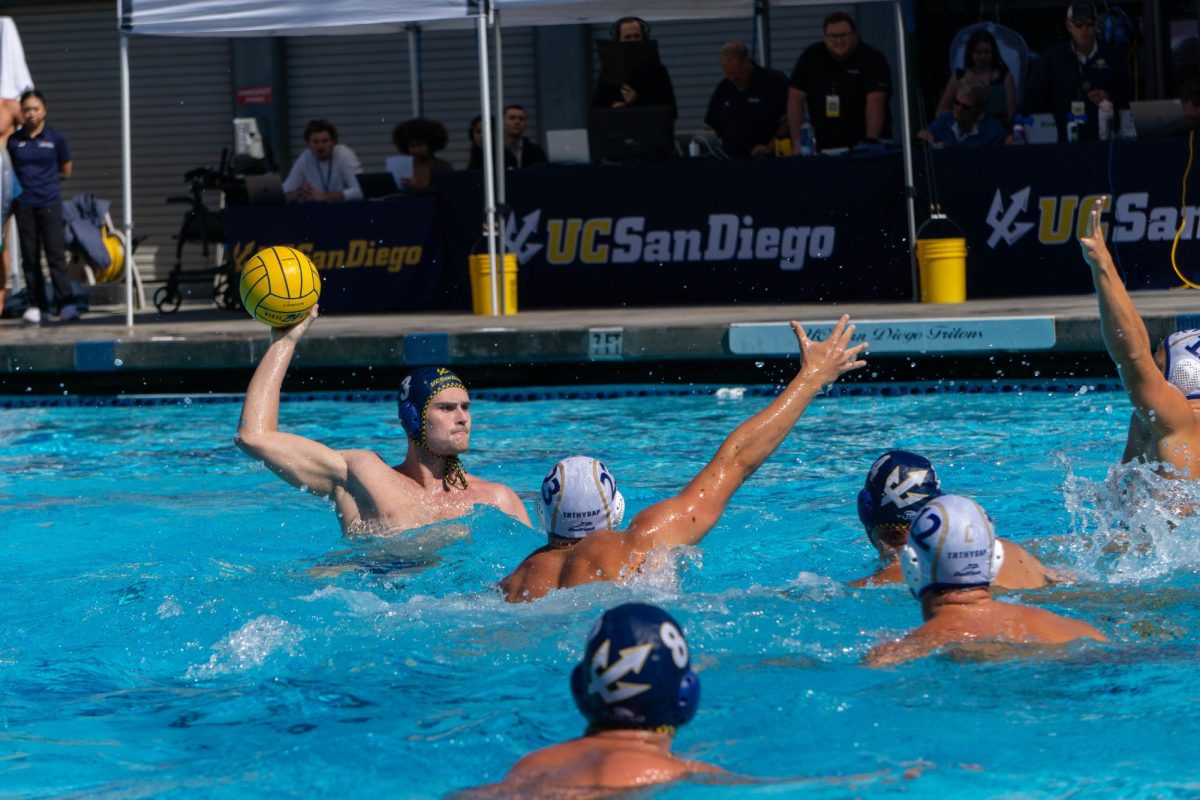
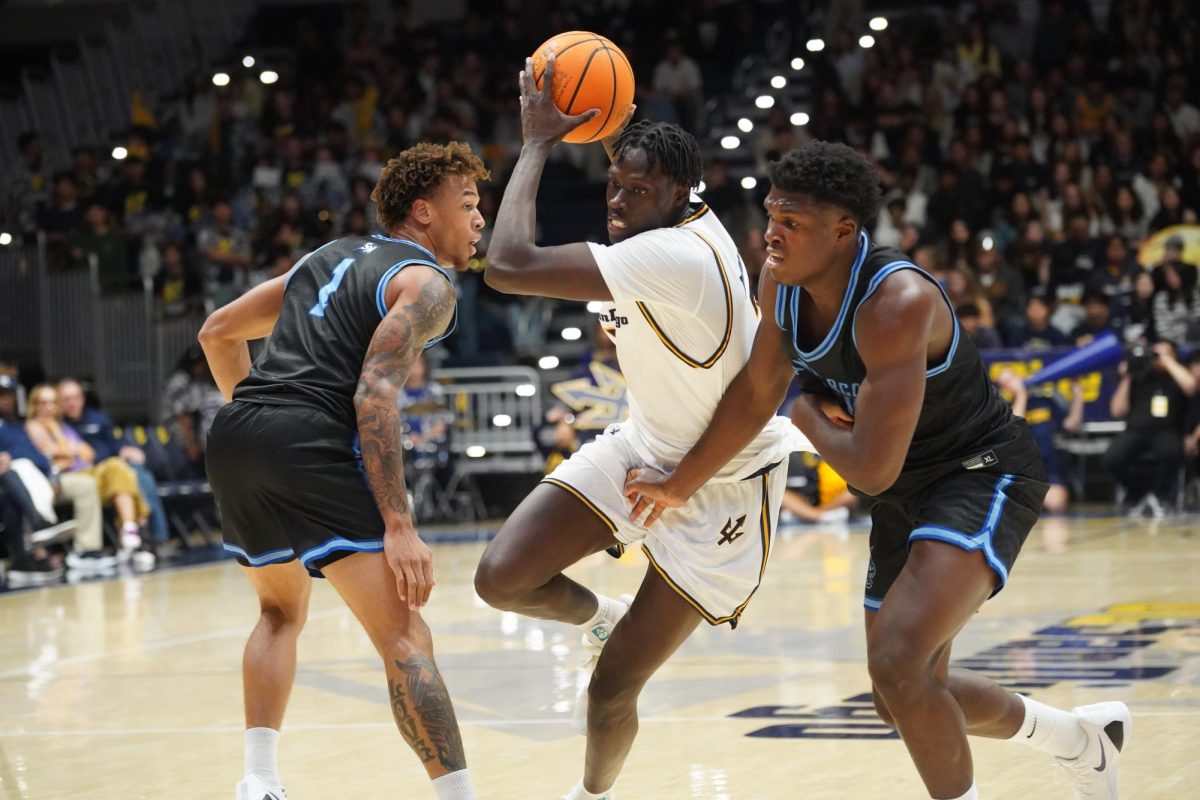

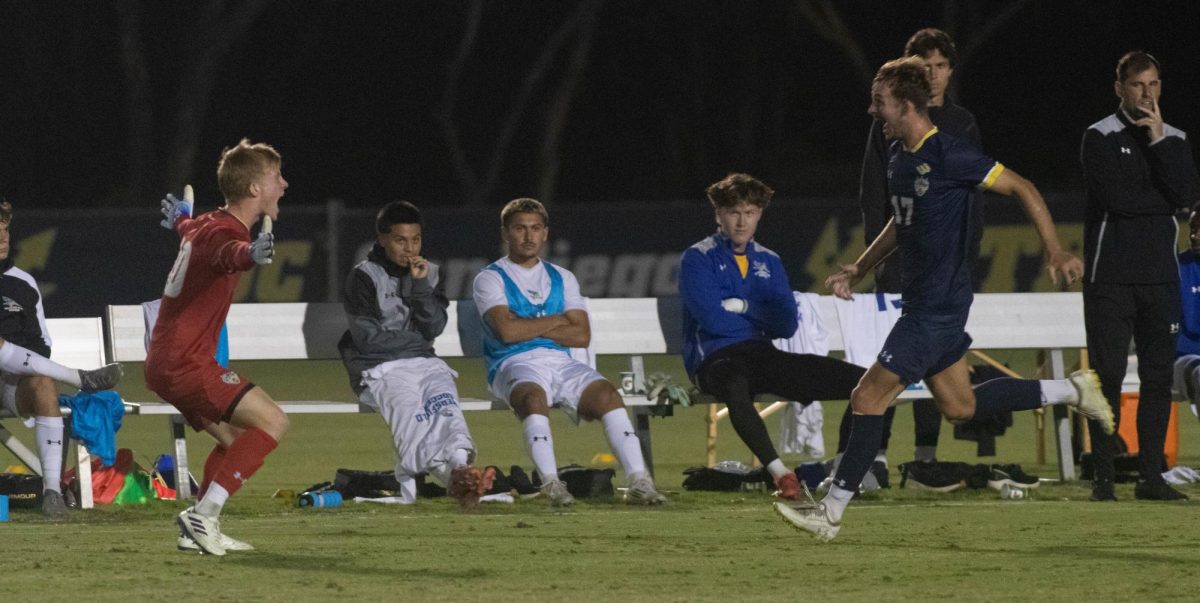
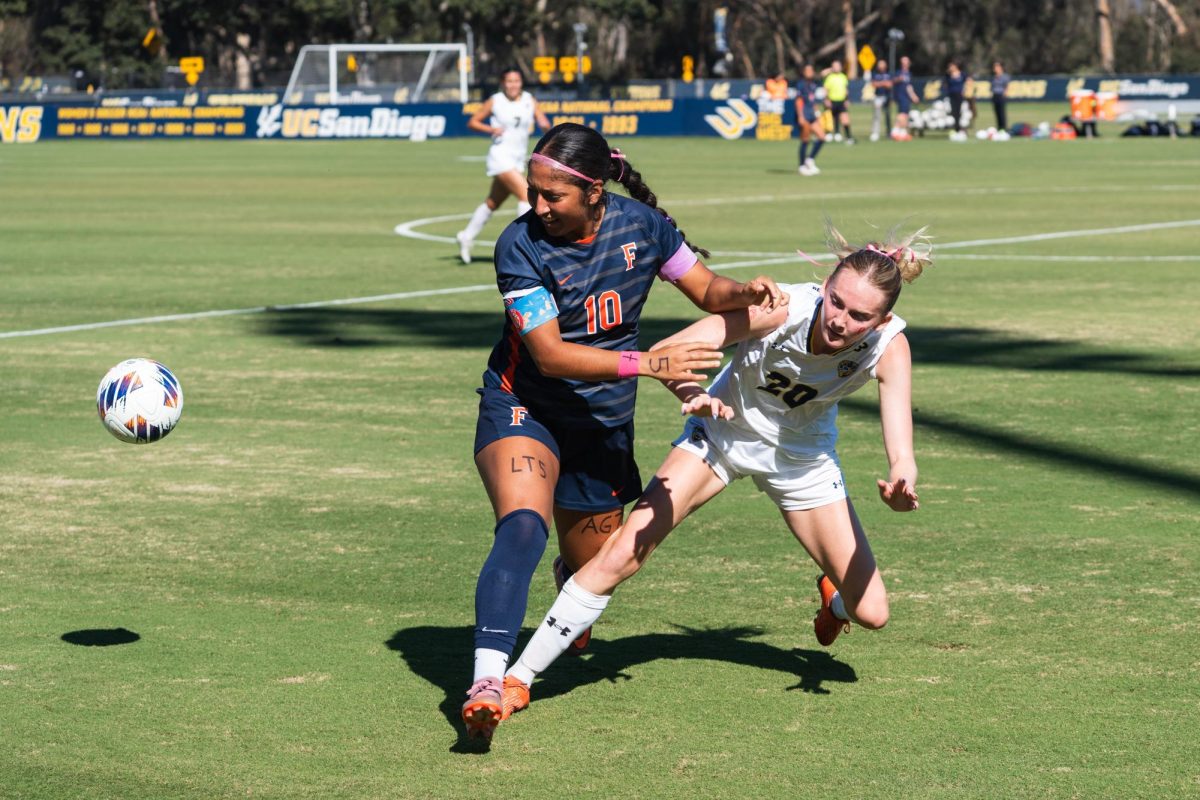
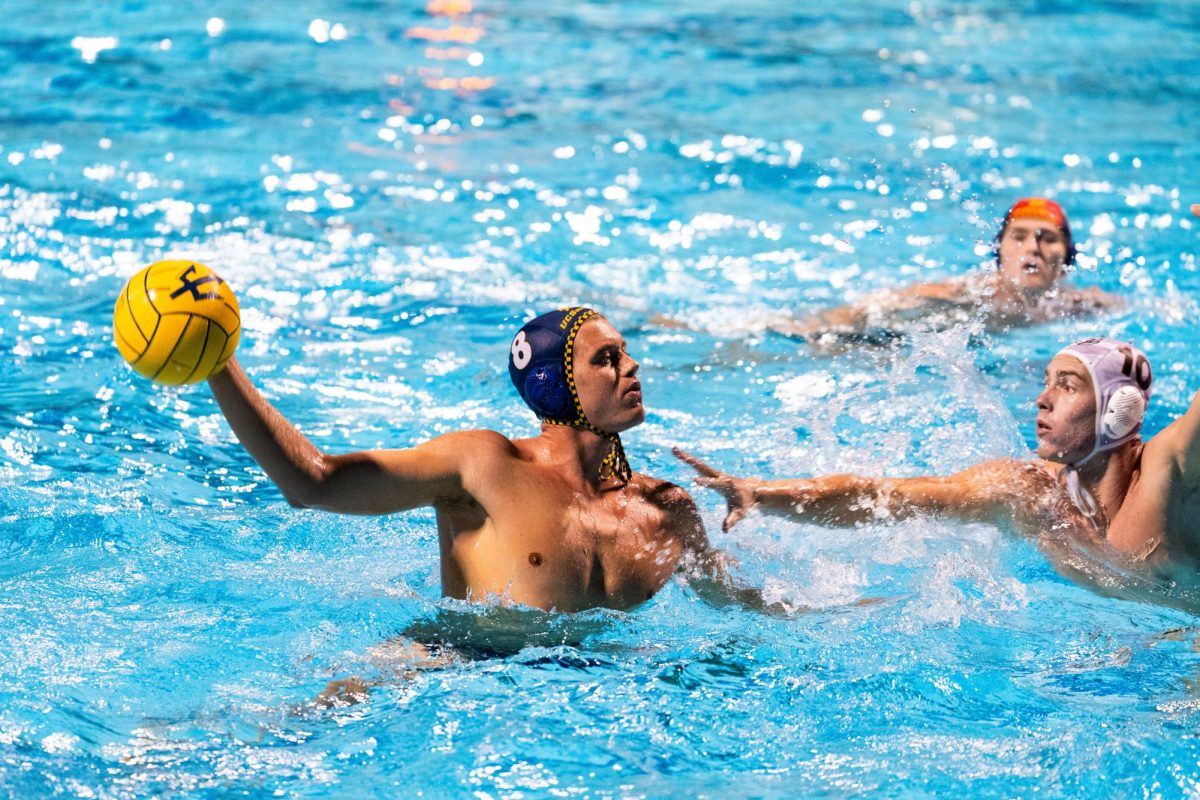
word counter • Jul 10, 2021 at 2:56 am
love it
Peter • May 28, 2021 at 11:28 am
I think that this rules are really important and if you want to buy cryptocurrency on Switchere.com https://switchere.com you can do it for instance. I think that it is really important to follow all the information, and currently I am using this solution to make additional money.
Peter Nilson • May 28, 2021 at 11:23 am
I think that this rules are really important and if you want to buy cryptocurrency on Switchere.com you can do it for instance. I think that it is really important to follow all the information and currently I am using this solution to make additional money.